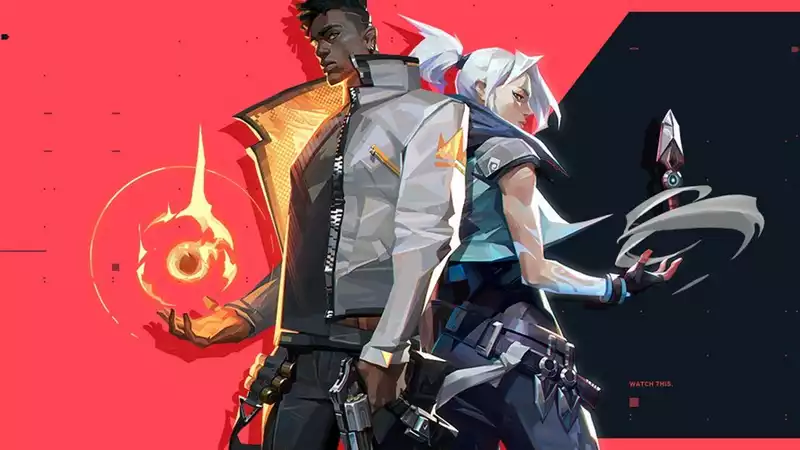A community survey of approximately 3,800 League of Legends players earlier this year found that 79% of players had been harassed after a match. The harassment ranged from outbursts of obscene language and repeated friend requests to almost exclusively female sexual harassment. Surprisingly, slightly more men than women reported being the target of "general abuse" such as flaming, racial slurs, and friend invite spam, but women were much more likely to be the target of sexual harassment: 32% said they had received "sexual comments or propositions" after a game compared to only 3% of male players.
Surprisingly, these bad habits also seem to have carried over to Riot's new game, the competitive shooter Valorant. Last week, Riot Greenily, UX designer for League of Legends and Teamfight Tactics, shared a clip of gameplay of Valorant in which a male player repeatedly proposes to him, saying, "Regardless of the game you are playing, solo queue This is usually how it goes in voice communication," he said.
"I want to live in a world where this guy doesn't ruin other people's games. Where people feel safe to speak up. But the reality is that in general voice communication land, for many women, their safety mechanism is to identify these players early and keep silent or mute them," she tweeted.
"I would also like to say that someone was already like "I've seen worse" (read: "stop whining there are worse"). I've played online games; 2. This is not the Harassment Olympics. Stop any harassment.
In response to this tweet, Anna Donlon, executive producer of Valorant, said that because of her own experience with online toxicity, she has not played solo at all.
Riot has been fighting this issue in League of Legends for a decade; the Honor System, announced in 2012, was intended to promote positive behavior, but clearly has not eradicated bad behavior. Electronic Arts, Activision, Ubisoft, Valve, and numerous smaller developers and publishers are struggling to control harassment in games.
Currently, Valorant has built-in reporting tools, which of course are the standard for online games today, and also has a stated policy of issuing bans for abusive behavior.
"We expect our agents to behave in a civil manner. Competition is only fun when it is healthy, and we have a system in place to flag players who choose to ignore our protocol," Valorant's support site states. The Valorant support site adds, "The following are some of the behaviors that can get you banned from Valorant, but are not limited to. I am not going to ban you for being passionate about winning or losing. I would not tolerate it. The reality is that it is difficult for the harasser to play the game competitively because they first need to protect themselves from "inviting" the harasser. They mute themselves because someone is shouting derogatory words into the microphone, or they mute themselves because it seems to keep the peace," Donlon said in a statement. 'I know this is a difficult issue to tackle and it will take time, but I think it would be irresponsible to accept this as the status quo. That is why we have prioritized the development of non-vocal communication, such as character voice calls for game events (such as the appearance of spiked enemies) and the in-game ping system. But this is just the beginning, and we intend to continue prioritizing and devoting resources to these areas in the future. I am responsible for leading a match where everyone can safely reach their full potential without fear of being bullied or yelled at. This is a very ambitious goal, but check us out down the road." We continue our conversation.
.

Comments